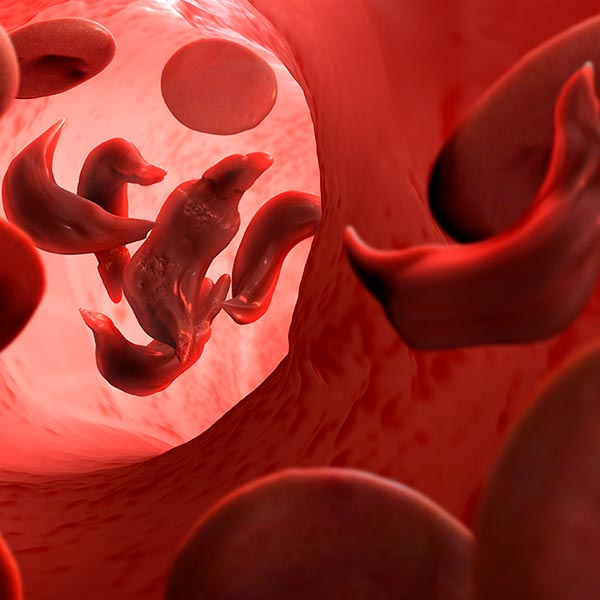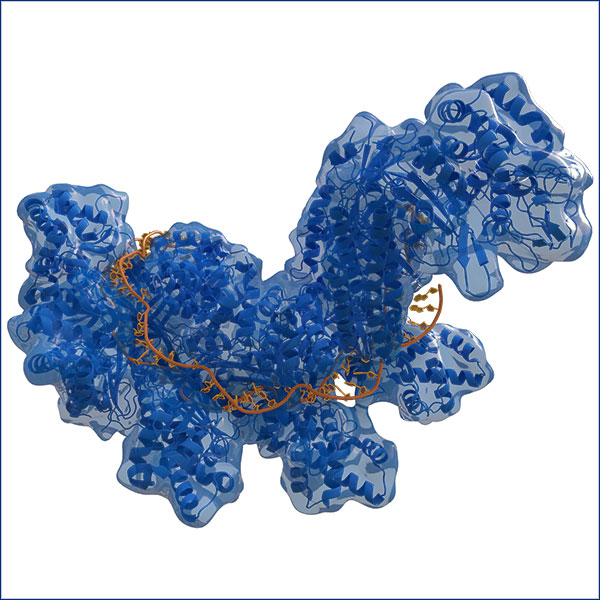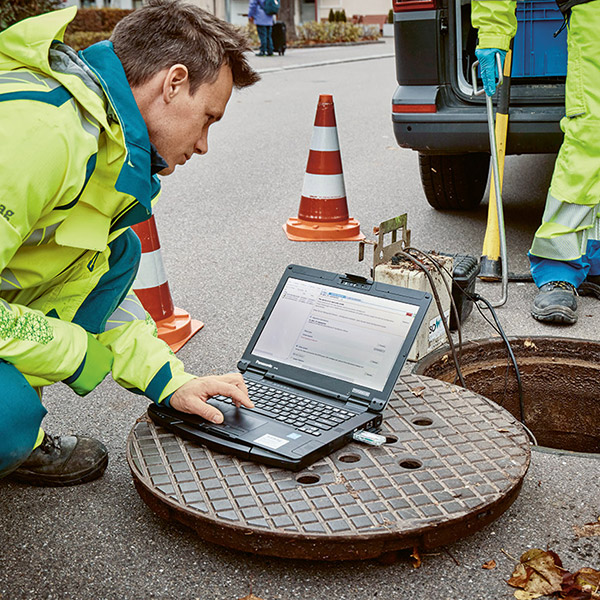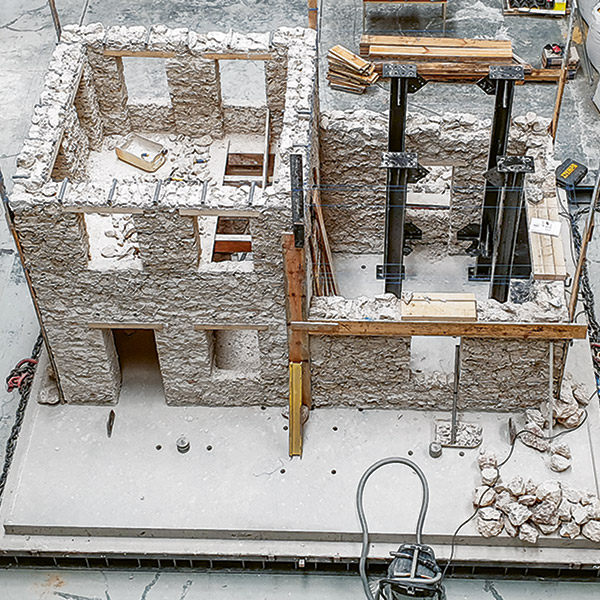Emmanuelle Giacometti: “Communicating science is of major importance”.
In 2018 the SNSF and Swissnex San Francisco initiated a new joint prize, Optimus Agora, which is awarded to research projects aimed especially at a broad public. Emmanuelle Giacometti belongs to its evaluation committee. She is delighted that the European Research Council (ERC) has now launched a similar prize.
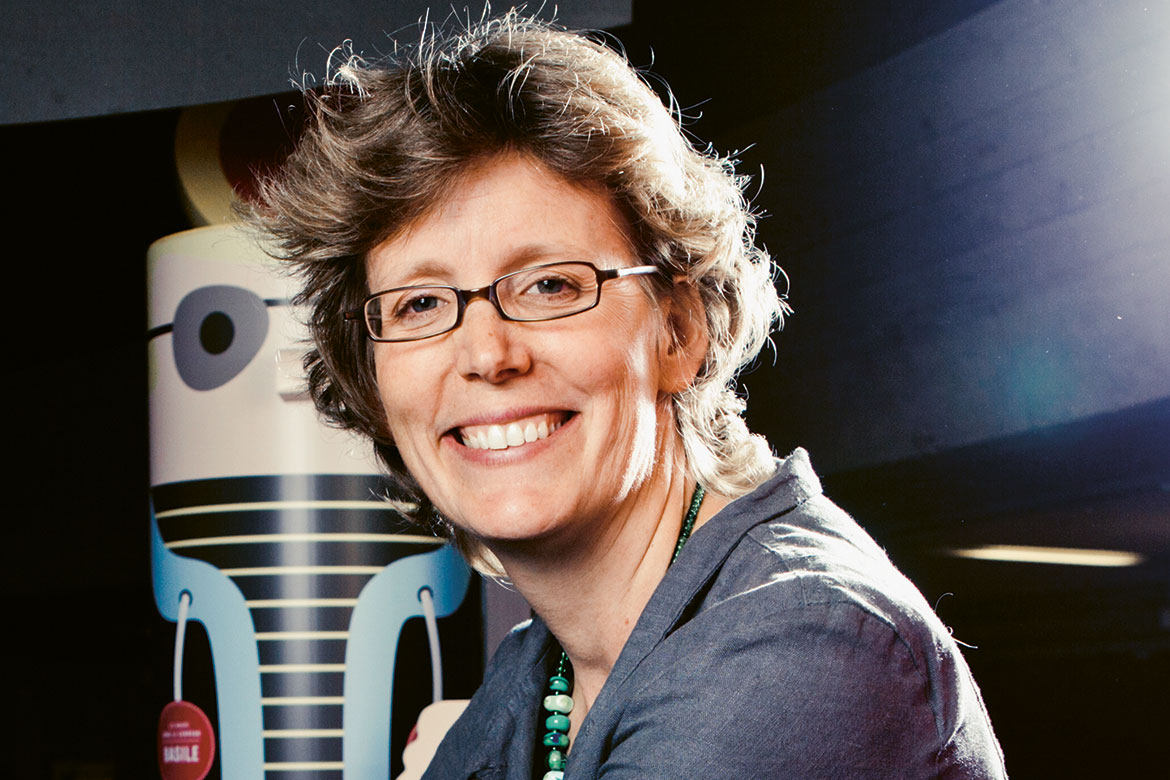
Scientists must above all else learn to collaborate with communication professionals, according to Emmanuelle Giacometti, the Director of Espace des inventions, a science museum for all audiences. | Image: Francesca Palazzi
Emmanuelle Giacometti, the ERC has now launched a prize for public engagement. Has the research community finally realised how important it is to communicate with the public?
This prize is a clear sign that things are happening. Yes, I think that the science community has truly grasped that they have to explain what they do.
The SNSF launched its own prize last year, Optimus Agora, which is awarded to researchers who communicate their work to the general public. Was the ERC inspired by this?
I have no idea whether or not Optimus Agora served as a model for them. But I was delighted to hear that an important European institution is now doing the same as us. It proves that communicating science is of major importance.
The new ERC award has three categories: Public outreach, Press and media relations, and Online and social media. Might Optimus Agora want to follow their lead?
With us, public outreach is what counts most. Collaborating with journalists or appearing on social media doesn’t play much of a role.
Is Optimus Agora successful in bringing together society and science?
It’s still too early to be able to judge that. But I think we are successful in motivating researchers to communicate their work properly. Simply awarding a prize isn’t going to achieve everything, of course. But it’s part of the current trend towards more open science in society.
What should researchers do in order to be better heard?
That’s a difficult question, because researchers are already very much under pressure. They have to publish, and also achieve excellence in their research. Communication is a very different type of work. Above all, researchers have to learn to work with communication specialists. They need ‘translators’ to help them to be understood by a broader public. It’s something we have to tell them time and again.
Often, researchers are actually concerned most about their own community. Their real aim is to convince their colleagues that what they’re doing is right.
Exactly! But that isn’t the same target public. You can’t use the same words if you want to be understood. Researchers often forget who they’re talking to, and then their work comes across as uninteresting. You have to succeed in communicating research in an attractive way.

